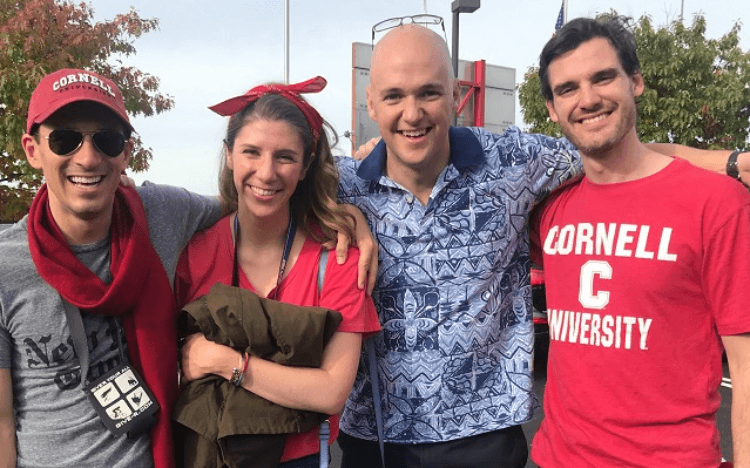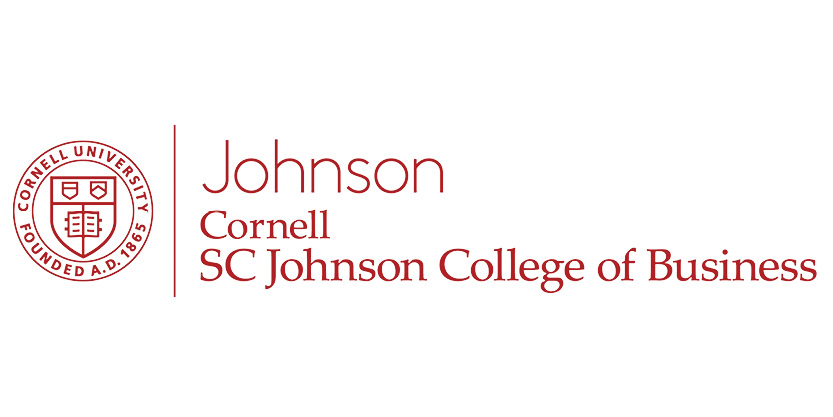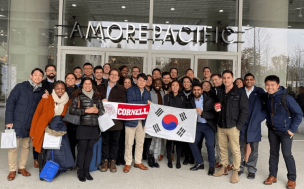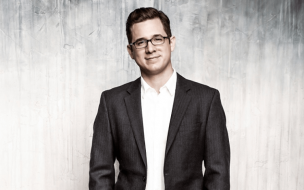In doing so, he followed the 28% of his MBA class who entered the consulting industry, one of the top three common career paths for business school graduates—alongside finance and technology.
Johnson’s Career Management Center helps aspiring consultants prepare to tackle case questions through a combination of Ace the Case sessions co-taught with faculty, mock interview days with alumni, and one-on-one practice cases with staff and faculty.
Second-year students who volunteer to support first years are trained on how to give cases and provide effective feedback, simulating both the analytic and interpersonal aspects of a case interview.
So much is made of the number of MBAs who graduate and enter consulting, and the degree seems tailor made for the creation of consultants. But what does the process look like? How do you stand out? And what does it take to ace the interview?
The consulting interview process
Consulting interviews are structured around a ‘case’. A 25-40-minute experience (typically) where you’re presented with a business problem and have to present a solution to the ‘client’.
To give a rough sense of what a consulting case is like, Michael likes to use an example of a market leading beer company who has seen a decline in sales in certain markets.
Firms leverage different approaches to work through the case with the candidate. There can be interviewer led questions, in which the interviewer might ask you to size the market for craft beer in California using back-of-the-envelope math.
Other times the interviewer will expect the interviewee to lead the case and ask questions searching for more information as if you were talking to the client (an interviewee might ask if we have more information about the revenue or margin breakdown by product).
You start the case by taking an investigative lens to the client’s problem, often by starting with a hypothesis and setting up a framework to prove or disprove the hypothesis.
That could start with company financials, asking questions about the company’s product mix, whether certain beers have been working better than others, whether costs have increased. Or, it could be asking high level questions around the market landscape and declining market share.
The interview progresses through a journey where you learn more and more information and then recommend a solution to the problem.
“While learning how to case, one thing candidates often forget is that the entire case, and interview for that matter, is an opportunity to demonstrate strategic thinking and structured communication. From the very first moment you ask questions, to the final recommendation, you need to show competency beyond doing the numbers,” Michael explains.
MBA consulting interview tips
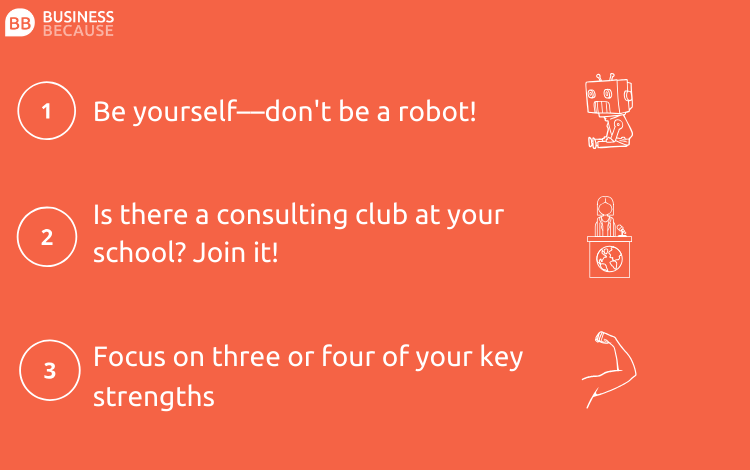
Demonstrate excellence
Another part of the interview process is a “behavioral interview” with your interviewers outside of the case study. Some consulting firms have an entire behavioral interview, which may include questions like “tell me about a time you failed” or “tell me about a time you made lasting impact for a client.”
And for other firms, including BCG, you might only have 10-15 minutes before the interview to explain your background and demonstrate your excellence to the interviewer. “You need get the interviewer to believe in you,” Michael says.
“Whatever question they ask, you need to make sure the person understands who you are, understands why you are unique, and understands why you demonstrated excellence in your last role.”
If you only have 10 minutes and have a background in biochemical engineering, for example, and the person on the other side of the table doesn’t, then you need to explain yourself in layman’s terms. Be sure to focus on the impact that you made in your role, rather than the engineering minutiae that made your job challenging.
“An outstanding candidate has to not only get the right answer, but also demonstrate their own strengths and how to communicate them in the context of the case, so that the interviewer can immediately see what she brings to the team,” explains Jacob Lehman, associate director of the Career Management Center at Cornell.
It’s also a two-way street, so remember to ask questions when you have time. Michael says he would usually ask about the interviewer’s best/worst project experiences and specifics about their workstream.
“If you’re not a consultant you should come from a humble place if you don’t understand the job. Ask about their workstreams and the arc of their work, what they worked on in the beginning, middle, and end of the case.”
That helped Michael get a sense of what the job would be like. Latch onto things as well, he advises, so if you think a certain part of the job would energize you because you’ve done something similar in the past, then bring it up and explicitly connect it to your past experience.
How do you stand out?
Homing in on the areas in which you excel is key to coming out of the interview having left a lasting impression.
“You should try to find three or four dimensions that you clearly excel on,” he says. “It might not be visible to yourself on a day to day basis before you get to the MBA, but there will be parts of your experience that make you exceptional, and you should lead with that.”
He also tells people to be really positive in the interview—but not overzealous—and to lean into your past experiences and link them to consulting.
“Being positive and excited is a conversational proxy for passion,” Michael explains. “It’s hard to be a serious person in the interview and excel. Instead be positive, try to bond with the person and again, get them to believe in you.”
“I think people often button it up too tight in the interview rather than be positive and excited. Show that you enjoyed your past experiences and you’re excited for this opportunity.”
How an MBA prepares you for a consulting interview
When coming into Cornell’s MBA program, Michael says he was unaware how truly robust Cornell’s consulting interview preparation process was. Like all others pursuing consulting, he joined the consulting club at the school.
For the first year, there is an entire cohort of second year MBA students who run through practice cases, mock interviews, and coaching to help build them up and excel when they arrive at the interview stage. Johnson also has faculty and staff that lead formal programming to help first years prepare.
“Without that you’d be shooting from the hip on a lot of this stuff, but second-year students lay out their experiences on the table, what worked for them, and what didn’t,” he recalls.
“I think that it’s a little opaque to a prospective MBA student just how much machinery there is and how effective that machinery can be.”
That being said, you can hit a point where the machinery that’s in place has oiled you too well for the interview process.
“Don’t be a robot when you’re in the interview,” advises Michael. “People can case so much that it becomes almost a “trick” they perform., You can sometimes hear acting in their voice. I think it’s really important to come across as a thoughtful person in the interview, as genuine."
You want the interviewer to walk away with sense that you are excellent. They might not remember specific details about your background or how you recovered from a failure, but they can remember that sense of excellence.
“Many MBAs give this advice of how you should always quantify everything about your experiences, quantify things on your resume about your background, but I think that is misguided. Interviewers actually want to learn about the scale of the impact you had in your unique context.
“If you can communicate that context and scale, people will walk away with a sense of you and a sense of your excellence, which will hopefully get them to believe in you and eventually make you an offer.”


